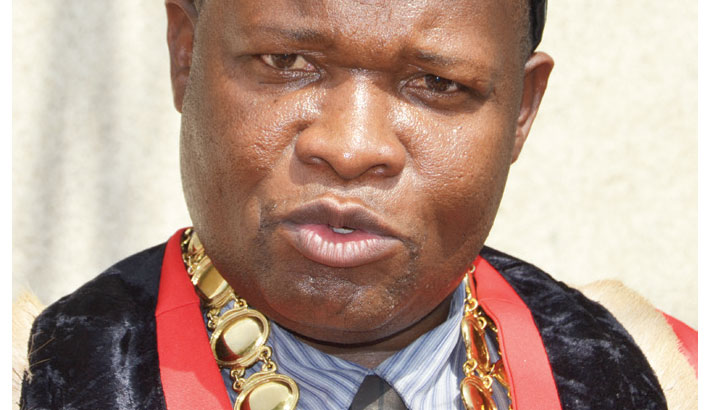Councils question audit
Barely days after the Auditor General defended the investigative audit report on K6.2 billion Covid-19 funds, councils have questioned the manner the audit was conducted.
Appearing before the Public Accounts Committee on Monday, acting Auditor General Thomas Makiwa defended the credibility of the report, saying all clusters and government departments were audited.
But in random interviews, directors of finance in some concerned councils said the outcome of the report would have been different if they were given a chance to respond as a matter of procedure.

The directors, speaking on condition of anonymity, said the report has created a wrong impression about councils, yet some of the queries could have been cleared if auditors did their job properly.
Collaborated interviews with government officials familiar with public audit processes indicate that the standard procedure is that an audit starts with an engagement letter from National Audit Office (NAO) to concerned ministries, departments and agencies (MDAs) and then an entry meeting is conducted before the audit starts.
“After the audit we do an exit meeting and from the exit briefing, we expect the client (MDAs) to give us comments on the observations.
“Where the comments have been satisfactory based on the issues that were discovered, some are cleared and only outstanding ones will go into the Auditor General’s report,” said a senior government official.
The Public Audit Act also requires controlling officers of affected MDAs to respond to queries.
Reads the Act in part 14 (1): “The Auditor General shall separately report to the controlling officer, head of an agency, statutory body or other affected person in respect of any matters that may relate to an audit review, investigation or inquiry, and may require that person to respond to the auditor general within fourteen days of receiving the report”.
In an interview on Wednesday, on the sidelines of their annual general meeting in Mangochi, Local Government Finance Managers Network chairperson Ellen Kayira confirmed that they noted with concern that most of the faulted councils were not accorded a chance to respond to observations.
During the Mangochi meeting participants were heard discussing the report at break time, mostly raising concerns in the manner it was conducted.
Kayira alleged that councils that do not appear in the report were given an opportunity to respond to observations.
She said: “These councils were given a management letter and had exit meetings after which they were cleared.
“Some of the procedures were not followed, especially what happens after an audit has been instituted. In most councils after the audit was executed, there were no exit meetings and those who were custodians of documents were not even given the right to be heard.”
According to Kayira, while some councils may be at fault, it would help to give every council an opportunity to respond.
She said they have submitted their concern to Malawi Local Government Association (Malga).
Malga president Wild Ndipo said the councils managed the Covid-19 funds better.
He said the suspected abused funds may be five percent which can be cleared if they are given a chance to explain.
Meanwhile, all concerned councils and officials have been summoned to appear before PAC from next week and to explain to the Ministry of Finance within 14 days.
The committee’s letter reads in part: “You are hereby also asked to ensure that all officers mentioned in the report under your institution should accompany you to the hearing.
“In readiness for your appearance before the committee, you are requested to submit bound copies of your written responses to the audit query by Friday April 30, 2021”.
However, one director of finance who spoke on condition of anonymity said this was unnecessary expense which should have been avoided if the auditors had done a proper job.
Copies of letters from Ministry of Finance, which we have seen, show that the addressees of the communication are district commissioners (DCs) and chief executive officers who are on interdiction.
The letter informs the DCs of the outcome of the audit and demands documented evidence as a response to queries in the audit report.
Malga executive director Hadrod Mkandawire, in an earlier interview, was suspicious of the manner central government handled the issue.
He suspected that the councils were targeted for some reasons, wondering why controlling officers whose councils are without fault have not been recalled from interdiction.
Efforts to hear from NAO proved futile as Makiwa referred us to spokesperson Rabson Kagwaminga who promised to revert to us, but did not by the time we went to press.
Only 14 councils are without a query and are not appearing in the report.





